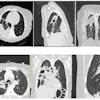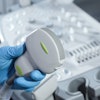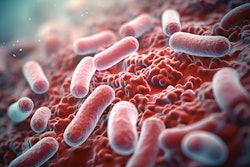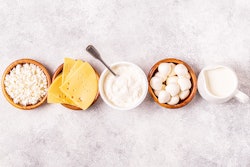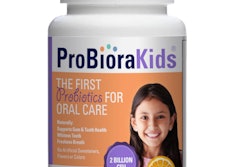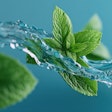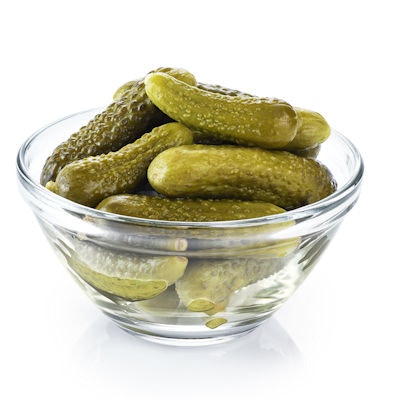
A strain of lactobacilli bacteria that is found in Sichuan pickles may prevent microbes that cause tooth decay and caries, according to a recently published animal study in Frontiers in Microbiology.
Lactobacillus plantarum K41 showed the highest inhibitory effect on the growth of tooth-decay causing microbes Streptococcus mutans and on the formation of biofilm in the teeth of rats, the authors wrote.
"L. plantarum K41 isolated from traditional Sichuan pickles effectively inhibited S. mutans biofilm formation and thus possesses a potential inhibitory effect on dental caries in vivo," wrote the authors, led by Guojian Zhang, PhD, of the Department of Food Science and Technology at the College of Light Industry, Textile, and Food Engineering at Sichuan University in China (Front Microbiol, April 2020, Vol: 11: 774, pp. 1-12).
About 4 billion people in the world are affected by oral disease. Of the world's population, 44% is affected by dental caries, and oral diseases are the fourth-most expensive to treat, according to the FDI World Dental Federation. Finding new ways to prevent oral conditions is paramount.
Fermented foods, like pickles, are a staple in the diets of those living in Southwest China due to their unique flavors and beneficial properties. The benefits are conferred by the presence of microorganisms, including L. plantarum, that contribute to the fermentation process. Scientists hypothesized that some probiotics from these pickles may improve oral health by affecting the oral microbiome, possibly preventing dental caries.
Researchers extracted 54 different strains of Lactobacilli from 14 types of Sichuan pickles to explore how eating Sichuan pickles affects oral health, then two groups of rats were infected with S. mutans to speed up tooth decay. Some of the animals were given L. plantaram K41, according to the study.
L. plantarum K41 inhibited the growth of S. mutans at a rate of about 98%. Additionally, those animals that received the probiotic had up to 30% fewer cavities than those that didn't, according to the findings.
This probiotic strain showed that it had a high tolerance to acids and salts, likely due to the origin of its environment, which contains high levels of salt, they wrote.
Though the evidence suggests that this strain has a beneficial effect on the control of dental caries, this animal study has limitations. The influence of L. plantarum K41 on lesions in dentin and root caries was not evaluated, and the findings did not prove the relationship between this specific strain and root caries, the authors wrote.
Therefore, the effect of L. plantarum K41 on root or dentin caries should be fully investigated in the future.
"[This offers] a potential alternative strategy for the control of oral biofilm/dental plaque and dental caries," they wrote.

